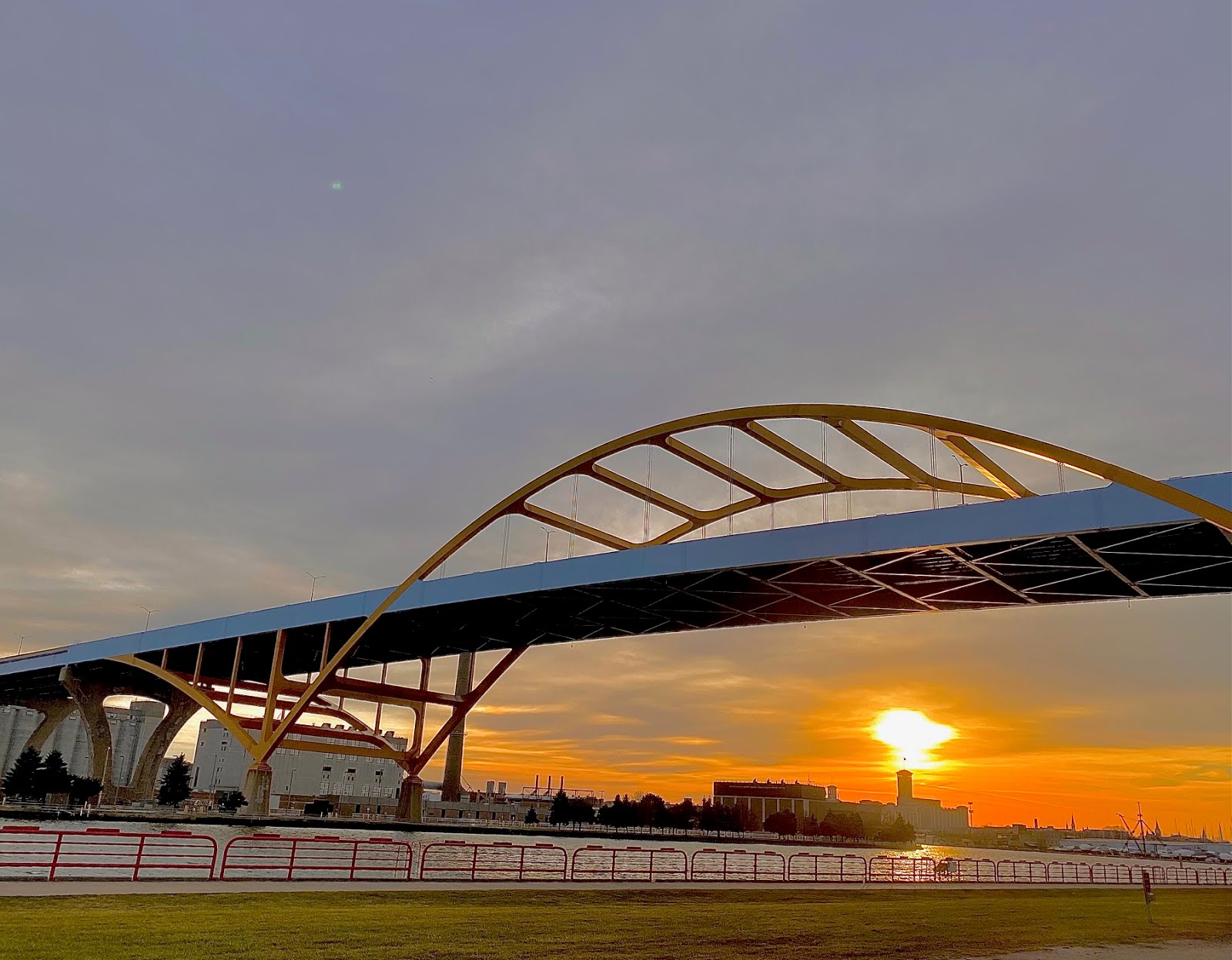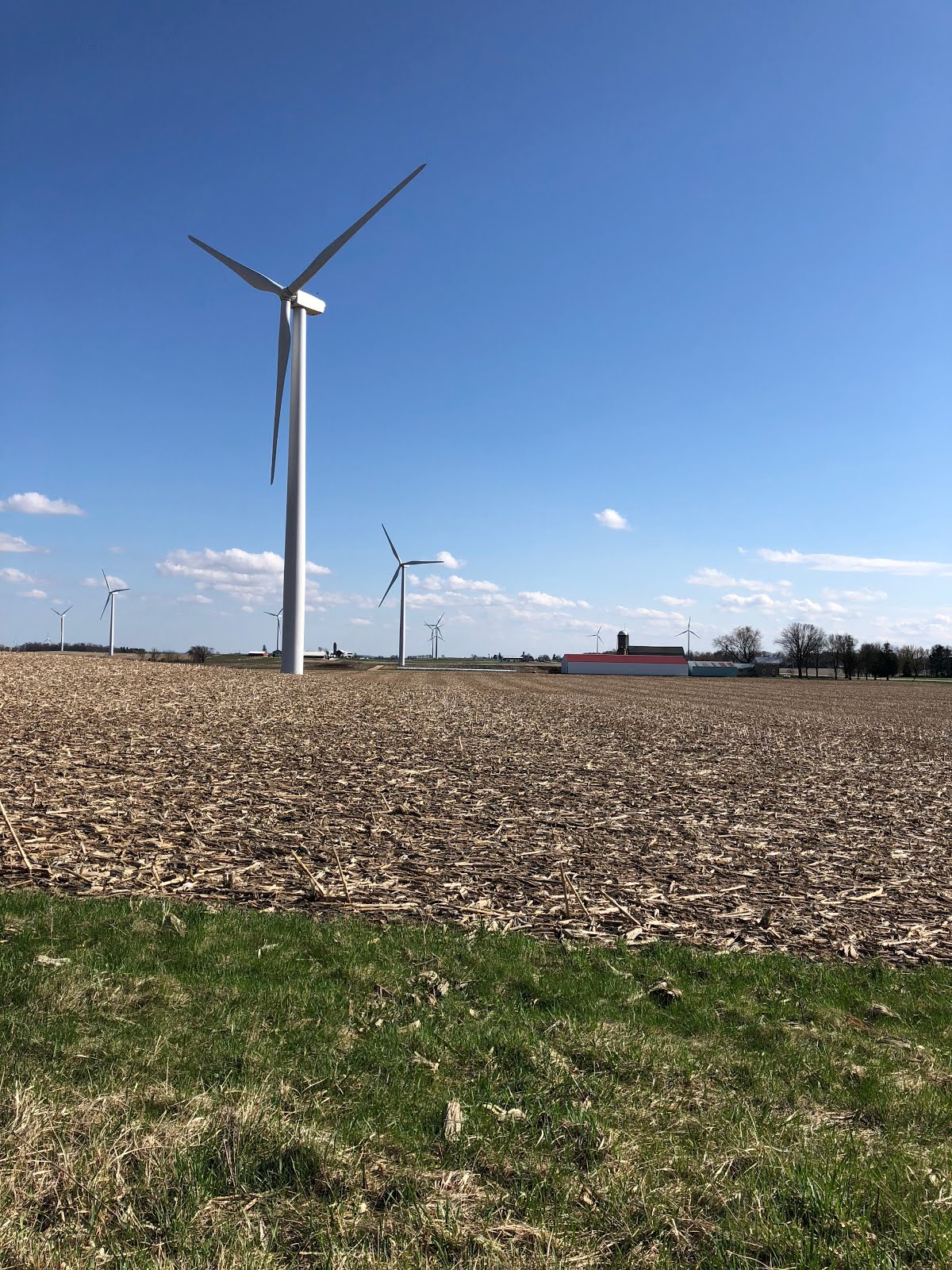Lack Of Transit Connections Undermines Reciprocal Water Deal
A lack of Waukesha County transit services illustrates the difficulty the City of Waukesha will have convincing the City of Milwaukee there are programs available to Milwaukee residents in support of Waukesha's application for a Lake Michigan diversion through Milwaukee.
The diversion would flow to the City of Waukesha and portions of four smaller communities, and the service reciprocity needs to be available in all the water receiving municipalities, according to Milwaukee policy.
In a nutshell - - you still can't there from here unless you have a car, and something like a third of low-income Milwaukee city residents rely on transit to access work, housing, education or entertainment.
And transit options to and from Waukesha County were further limited when the Waukesha County board killed light-rail planning in the region almost 15 years ago, throwing transit connections and other opportunities under the bus.
Not long ago I looked at the Waukesha County planning site to which Waukesha City officials pointed Milwaukee for information about services that could support Waukesha's bid for Milwaukee water - - and found information about "a lack of" transit services, planning and funding that does not help the Waukesha water bid.
So I took the suggestion in the City of Waukesha letter, checked out the County plan, and discovered in "Chapter 8, Transportation," that Milwaukee won't find much of a priority on transit from Waukesha County.
Let's just say the transit "concerns and weaknesses" out-stripped the "strengths," and do not meet the "adopted and implemented" criteria that the City of Milwaukee spelled out for water buyers in a 2008 resolution...
This is how the transportation chapter opens in the plan the City of Waukesha suggested the City of Milwaukee consult prior water sale negotiators:
STRENGTHS, CONCERNS, AND WEAKNESSES
The Waukesha County Comprehensive Development Plan Land Use, Housing and Transportation Subcommittee expressed the following transportation strengths, concerns, and weaknesses.
Transportation Strengths
• Easy access to the Interstate Highway System • Advanced planning and implementation of highway facility improvements • An established County Trunk Highway System that is effective • Provides appropriate access to roadways • Availability of other modes of transportation (ie. airports, trails) • An increase in official mapping being completed by municipalities for improved inter-connectivity to roadway systems • A continued commitment to funding County road improvements through a capital improvements program.
Transportation Concerns and Weaknesses
• A lack of a dedicated regional institutional structure for a high level inter-county transit system. The County and Region has a mass transit plan in place, but there is a lack of a comprehensive regional mass transit institutional structure and a dedicated source to fund it.• Municipalities and the County over-rely on State and Federal funding for local transportation initiatives. A lack of a dedicated funding source exists for transit at the municipal or county level of government. • A tendency for municipalities and the County to upgrade highways after volume or impact is realized instead of doing a more effective analysis of projecting these changes. • A lack of county-wide or regional understanding of the impact of road construction (ie. bypass or road widening)• A lack of continued re-education and endorsement of long-range comprehensive planning and the impact of not planning long-range or failure to implement these plans.• A lack of grade separation between competing transportation uses such as road and railroad crossings. • Road improvements are not being made because of current jurisdictional control and conflicting plans. • Excessive local street road pavement widths.









No comments:
Post a Comment